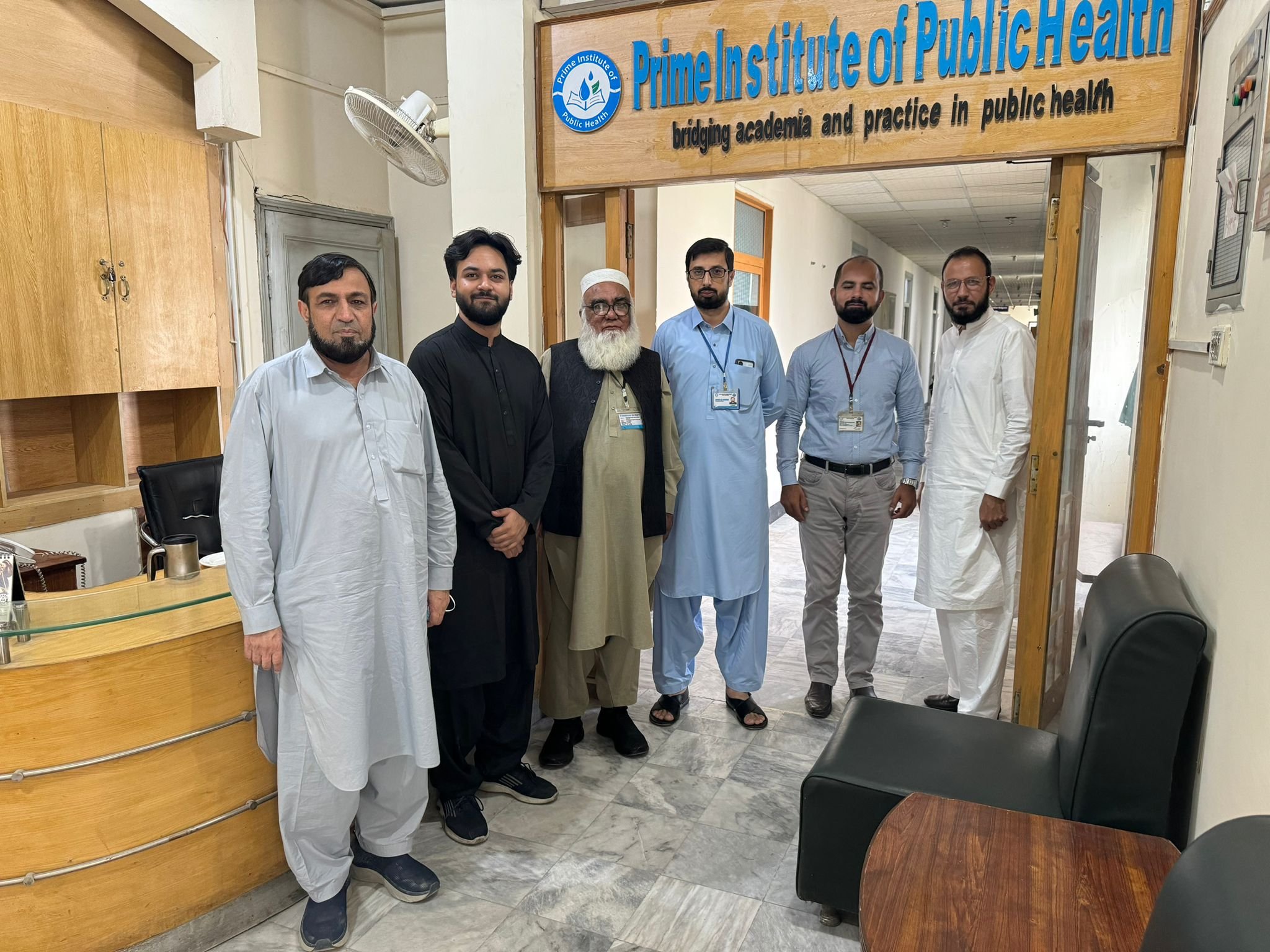Field Notes from Peshawar: How Grantees Are Deploying EHR to Improve Care
In early 2024, Hikma Health visited two of our grantees in Peshawar, Pakistan. The field visit gave us a first-hand look at how partners are customizing the Hikma EHR to meet local needs—and how the system is strengthening care in underserved communities. It also offered space to reflect on the challenges of implementation and the ongoing need for technical capacity-building.
We launched our grant initiatives in 2022 with the Year of Migrant Health Initiative, followed by the Care Innovation Grant. These grants are directed at enabling clinical organizations globally with access to funding to assist them in implementing the Hikma Health EHR system.
While Hikma’s technology is free and open source, many partners need additional support to overcome the costs associated with deploying new technology. Our grants help fill these gaps by offering funding and hands-on support tailored to each site.
Partner Spotlight: Ibrahim Khan Jhagra Foundation (IKJF)
The Ibrahim Khan Jhagra Foundation (IKJF) runs low-cost clinics across Peshawar, a city deeply affected by extremist violence and population displacement. Their filter clinics prioritize maternal and child health and are often the only available care option for low-income communities.
During our visit, we met with IKJF administrators and toured their gynecology-focused pilot clinic, about 20 minutes outside Peshawar. This rural facility has treated over 6,500 patients in just two years, providing free medicine and low-cost care in an area with limited access to hospitals.
Currently, the clinic relies entirely on paper records, with data manually entered into spreadsheets after each patient visit. Our team helped kickstart the software deployment process and shared recommendations to streamline documentation and optimize the system for IKJF’s workflows. Once fully implemented, the Hikma EHR will support more reliable data collection, reduce provider burden, and improve continuity of care for mothers and children.
Partner Spotlight: Prime Foundation
Prime Foundation is a non-profit dedicated to health education and public health in Pakistan. They plan to use the Hikma EHR across their network, beginning with the Community Development Center (CDC) in Garhi Sherdad, which serves 60–70 patients daily with a range of services—from general outpatient department (OPD) to immunizations and early childhood development (ECD).
At the community center, we met with Prime’s public health, clinical, technical, and M&E teams to align on system goals. Their main priority: cut down the time spent on manual data entry. Their technical lead customized the EHR to mirror existing paper forms and preserve consistency, while also building out patient registration fields to capture unique family identifiers required by national health agencies.
The visit also served as a working session to test form designs, collect user feedback, and plan next steps. The team shared helpful requests—like adding multiple-choice options and text subheadings—to improve usability. Together, we mapped a clear timeline for testing, training, and full deployment at the CDC.
Asmer Safi, Hikma Health intern, meets with the Prime Foundation team at the Prime Institute of Public Health in Peshawar.
Driving Impact Through Partnership and Innovation
We’re inspired by the dedication of our partners in Peshawar and the progress they’ve made in deploying customized versions of the Hikma Health system. Their leadership continues to shape how we build and adapt our system—and pushes us to innovate in support of better care for displaced and marginalized populations worldwide.


